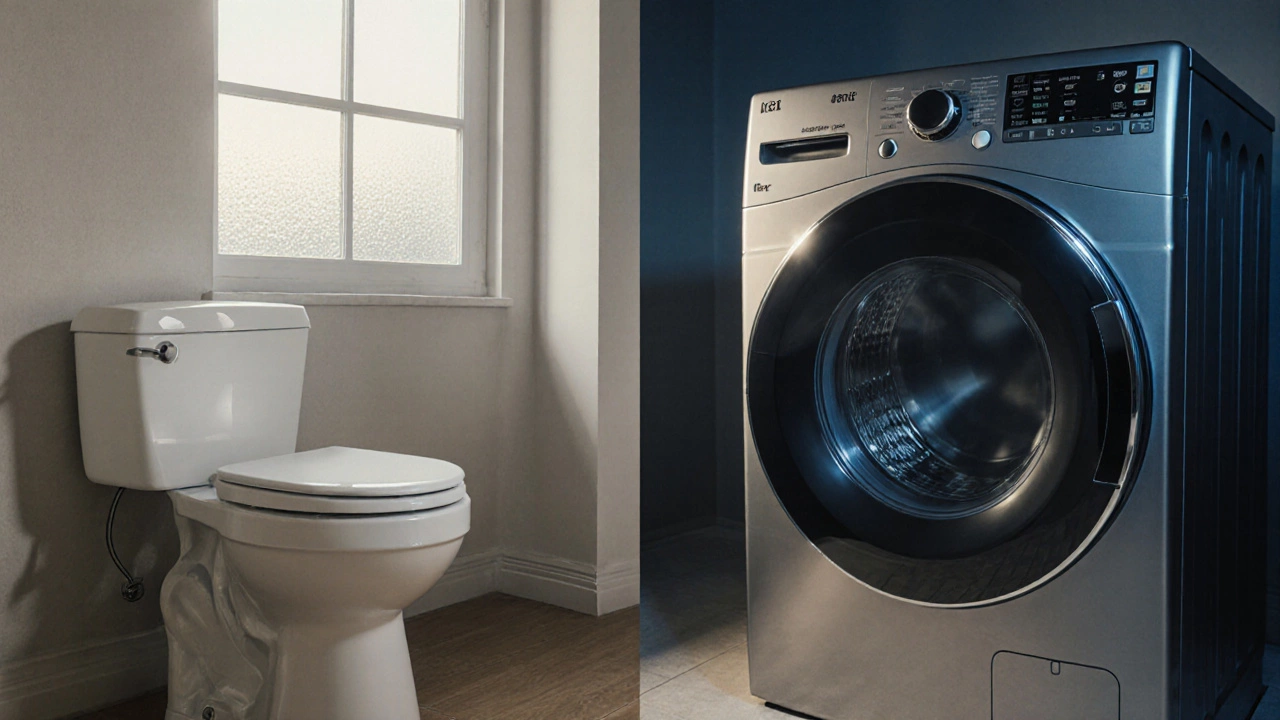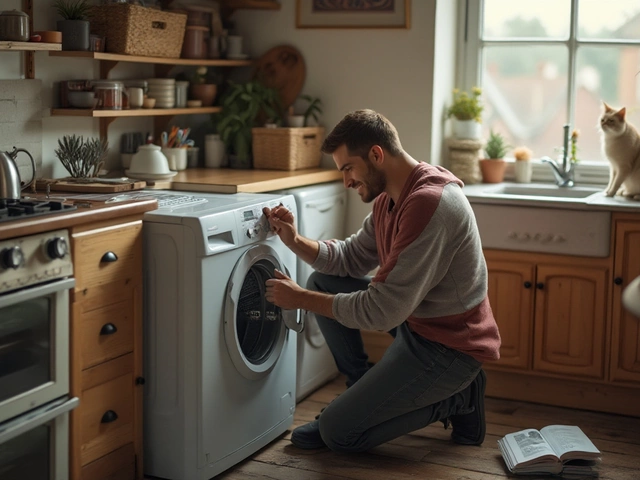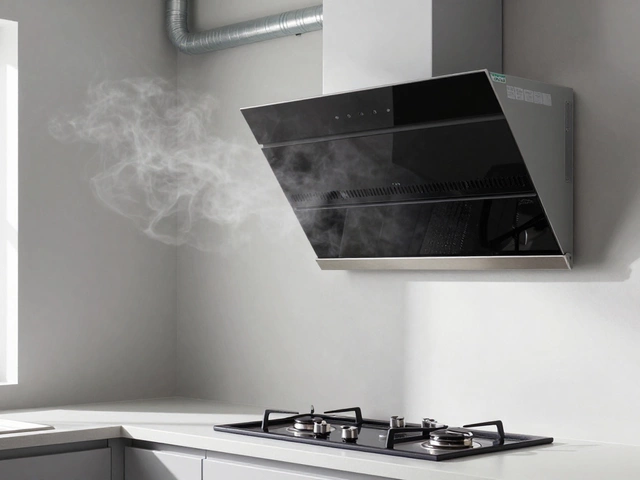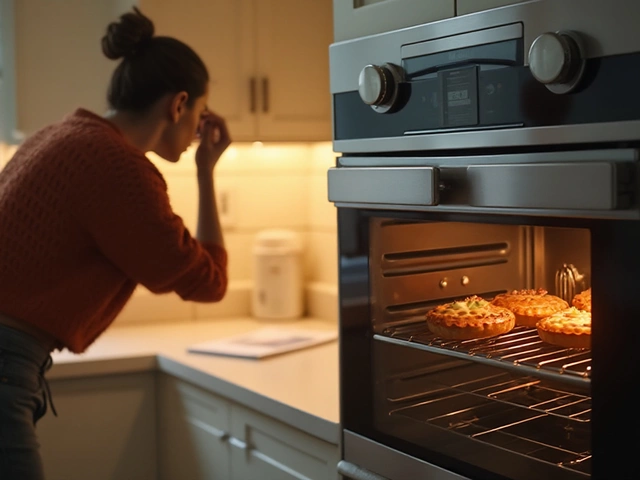When you hear the term home appliance definition, it refers to any device that helps with everyday chores like cooking, cleaning, heating, or cooling in a residential setting, also known as household appliance. Appliance, covers everything from washing machines and ovens to smaller gadgets like toasters and vacuum cleaners is a broad category, but not every electrical thing at home fits. Repair, involves fixing a faulty component so the device regains its original function and Maintenance, regular checks and cleaning that extend the lifespan of the equipment are two actions that keep appliances useful. In many homes, a heat pump, a system that moves heat from outside to inside (or vice‑versa) for heating and cooling or a boiler, a unit that heats water for central heating and hot taps are considered major appliances because they affect energy use and comfort. Understanding the home appliance definition helps you decide what needs professional attention, what you can maintain yourself, and where to invest in upgrades.
The main reason you need a clear definition is that repair and maintenance strategies differ by appliance type. A dishwasher’s pump and spray arms need a different approach than a boiler’s pressure valve, yet both fall under the same umbrella of household devices. Knowing that appliance repair, often requires specialized tools and knowledge of electrical safety informs you when to call a professional. For example, fixing a broken oven element involves unplugging the unit, removing the back panel, and swapping the heating coil – a task many DIY‑savvy homeowners can handle safely, while a boiler fault usually means dealing with gas, pressure, and certification requirements best left to a Gas Safe engineer. On the flip side, appliance maintenance, like cleaning fridge coils or descaling a kettle can be done regularly to prevent costly breakdowns. The definition also sets expectations for lifespan: a well‑maintained washing machine might run 10‑12 years, whereas a heat pump can last 15‑20 years if its filters are changed and its refrigerant levels are checked annually.
All the posts below tap into these ideas. You’ll find guides on when it makes sense to replace a 15‑year‑old oven versus fixing it, step‑by‑step troubleshooting for boilers and water heaters, cost breakdowns for heat pump compressors, and quick DIY checks for blown microwave fuses. Each article respects the core home appliance definition, by focusing on devices that are integral to daily living and that benefit from proper repair or maintenance. Whether you’re weighing the expense of a new fridge against a simple seal replacement, or figuring out why your heat pump isn’t blowing warm air, the underlying principle stays the same: knowing what counts as an appliance and how it should be cared for saves money and keeps your home running smoothly. Dive into the collection to get practical tips, cost estimates, and safety advice tailored to the appliances you rely on every day.

Learn why a toilet is classified as a plumbing fixture, not an appliance, and how this impacts warranties, insurance, and repair choices.

Wondering what an appliance job really is? This article breaks down everything you need to know, from common types of jobs to what actually happens when a technician shows up at your door. You'll learn when to call for help, what to expect during a service visit, and how to get the best results for your money. Get practical tips before you book, so there are zero surprises. Whether it’s your fridge, washer, or oven acting up, this guide has your back.

Repairing a washing machine yourself can save time and money, and it's not as difficult as one might think. This article covers the basic steps for diagnosing common issues, tools required for repairs, and safety tips to consider. Whether it's a noisy drum or a leaking gasket, we guide you through essential troubleshooting techniques. Learn how to tackle minor fixes and decide when to seek professional help.

In the UK, you legally need an extractor fan in your kitchen if you have a gas hob or have done major renovations since 2006. Learn what the regulations require and why skipping it could cost you more than installing one.

When your electric oven unexpectedly stops working, it can throw your kitchen routine into chaos. Understanding the potential reasons behind this issue can help you fix it quickly. Whether it's a power supply problem, faulty elements, or user error, this guide will walk you through common causes and solutions to get your oven back in working order. Discover useful tips to identify and address troubles with your electric oven efficiently.

Spotting the two most common electric stove problems can make repairs easier. Learn how to catch signs like faulty burners and control issues with clear, helpful steps.